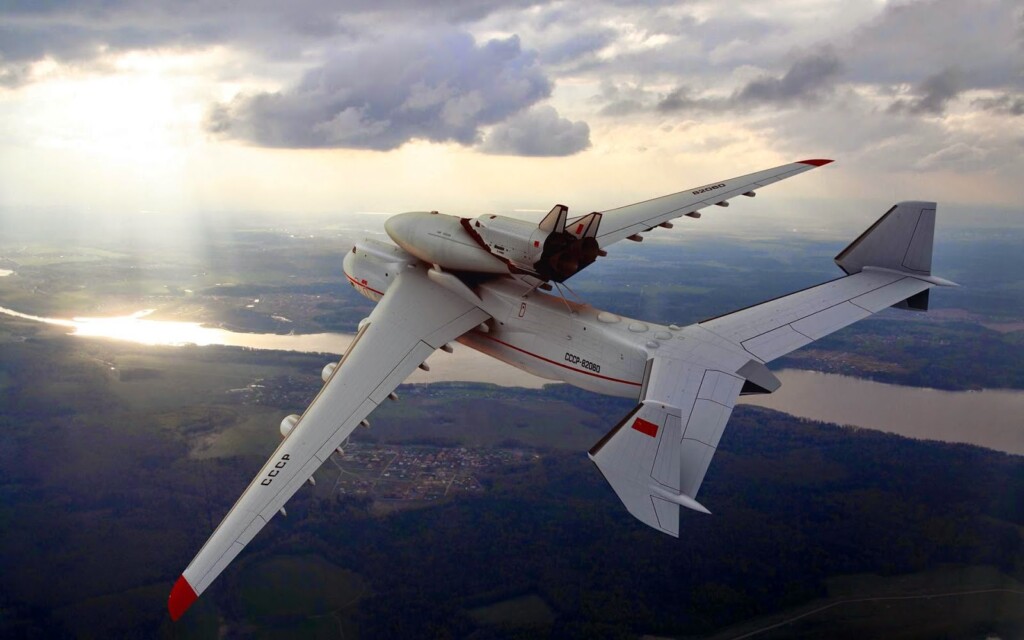Kuldeep Dwivedi has secured the All India Rank 242 in the Civil Services Exams conducted by UPSC, paving the way for his future as an officer with the Indian Police Service. No obstacle is too great if one has strong determination and Kuldeep Dwivedi has proved that the son of a security Guard at Lucknow University.
Inspirational Story of Kuldeep Dwivedi
Surya Kant Dwivedi works untiringly at the University of Lucknow as a security guard. Making ends meet for his family of five is a struggle on his meagre income. When his youngest son, Kuldeep Dwivedi expressed interest in attempting the UPSC exams – not once, but thrice – Surya agreed, despite the fact that his son’s pursuit would mean one less earning member in the family.
Must Read: Ansar Shaikh – Autodriver’s son who Cracked UPSC 2015
Kuldeep’s father, Surya Kant Dwivedi, who is a security guard at University of Lucknow’s works department, could not believe that his son cracked the prestigious and most toughest exam of the country UPSC exams and may become an Indian Police Service officer. Kuldeep’s mother is a homemaker.
It took Kuldeep Dwivedi nearly 30 minutes to explain to his father what it meant to score the 242nd rank in the Civil Services Examination conducted by the Union Public Service Commission (UPSC). Surya Kant was on duty when Kuldeep’s brother called him to give him the news.
Kuldeep Dwivedi said, “They do not understand what IPS is all about. They just think that a sub-inspector is the most powerful person in the police department. I had to tell them that after completion of training I will be posted as Assistant Superintendent of Police (ASP) in some district. And when they realised that I have now become an officer. There was complete silence. Tears rolled out from their eyes.”
Read Also: Govind Jaiswal, IAS – The Rickshawallah’s Son
Kuldeep Dwivedi, a 27 year old boy is youngest among three brothers and a sister, wanted to become Civil Servant since he was a child. For Surya Kant’s son, Kuldeep Dwivedi, his family’s acceptance and support was all the encouragement he needed to pursue a childhood dream.
“Since my childhood days, I have seen the amount of power a district collector or SSP of a particular district enjoys. It always inspired me. I always wanted to become like that. It was always there in the back of my mind. I had cracked few other examinations in the past but did not join because I wanted to crack the Civil Service Examination,” Kuldeep Dwivedi said.
Kuldeep Dwivedi graduated from Allahabad University in 2009 and completed his post graduation in 2011. Since then he has been staying in Delhi preparing for the Civil Services Exam. Kuldeep Dwivedi says the most difficult time that he faced was after he failed to crack the exam in his first two attempts. In 2013, he was selected as an Assistant Commandant in the Border Security Force but he did not join the training. This was his third attempt and his success has brought great joy to the entire household.
Also Read: Meet Tina Dabi IAS Topper 2015 – 2016
Kuldeep has proved that talent is not dependent on ones circumstances. He has fought against the odds and believed in his abilities. “I was determined that somehow I will have to crack the UPSC examination with a good rank. I kept myself engaged in academics. Luckily the family never troubled me in my pursuit. I’m now all ready to don the uniform and work for country’s development,” Kuldeep Dwivedi said.
Kuldeep Dwivedi’s success is a shining example of hard work and single-minded focus with determination and Surya Kant’s effort have paid off which can be achieved by aspirants who come up the hard way by overcoming poverty.
“I shared the news with other security guards of the university and went straight home. I cannot thank God more. We have seen difficult times. Now it is for him to change family fortunes. I’m proud that my hard earned money did not go waste,” said the proud father as his joy has no boundaries.
Kuldeep Dwivedi’s story is an inspiration to many people aspiring to be Civil Servants. Kuldeep Dwivedi was determined to fulfill the dreams of his father, and pursued his preparation thoroughly. Kuldeep credits his success to his father, who spared no effort despite belonging to a lower middle class family to see that his son was adequately preapred.
Don’t Miss: Inspirational Story of Sandeep Kaur IAS – Retired Peon’s Daughter













